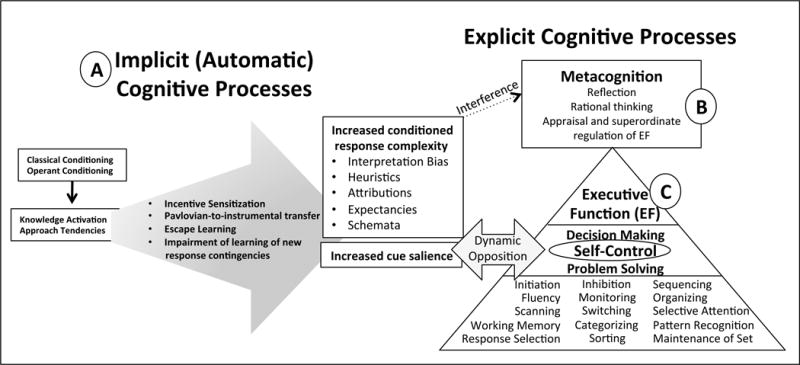Figure 1. Visual representation of the cognitive mechanisms of addiction.

(A) Implicit, or automatic, cognition includes classically and operantly conditioned responses that strengthen over time, resulting in increased cue salience and conditioned response complexity; (B) Metacognition is a subdivision of explicit, or controlled, cognitive processes, and includes subjective, self-reflective and rational thinking, and appraisal and superordinate regulation of executive function. Complex conditioned responses (i.e., automatic information processing) happen outside of metacognitive self-awareness and can bypass reflective thinking. (C) Executive function represents the second sub-division of the explicit system, and includes mental operations that are value free, purposeful, and algorithmic. Fundamental to cognitive conceptualizations of addiction is the dynamic opposition between self-control and implicitly strengthened urge-related responding.
